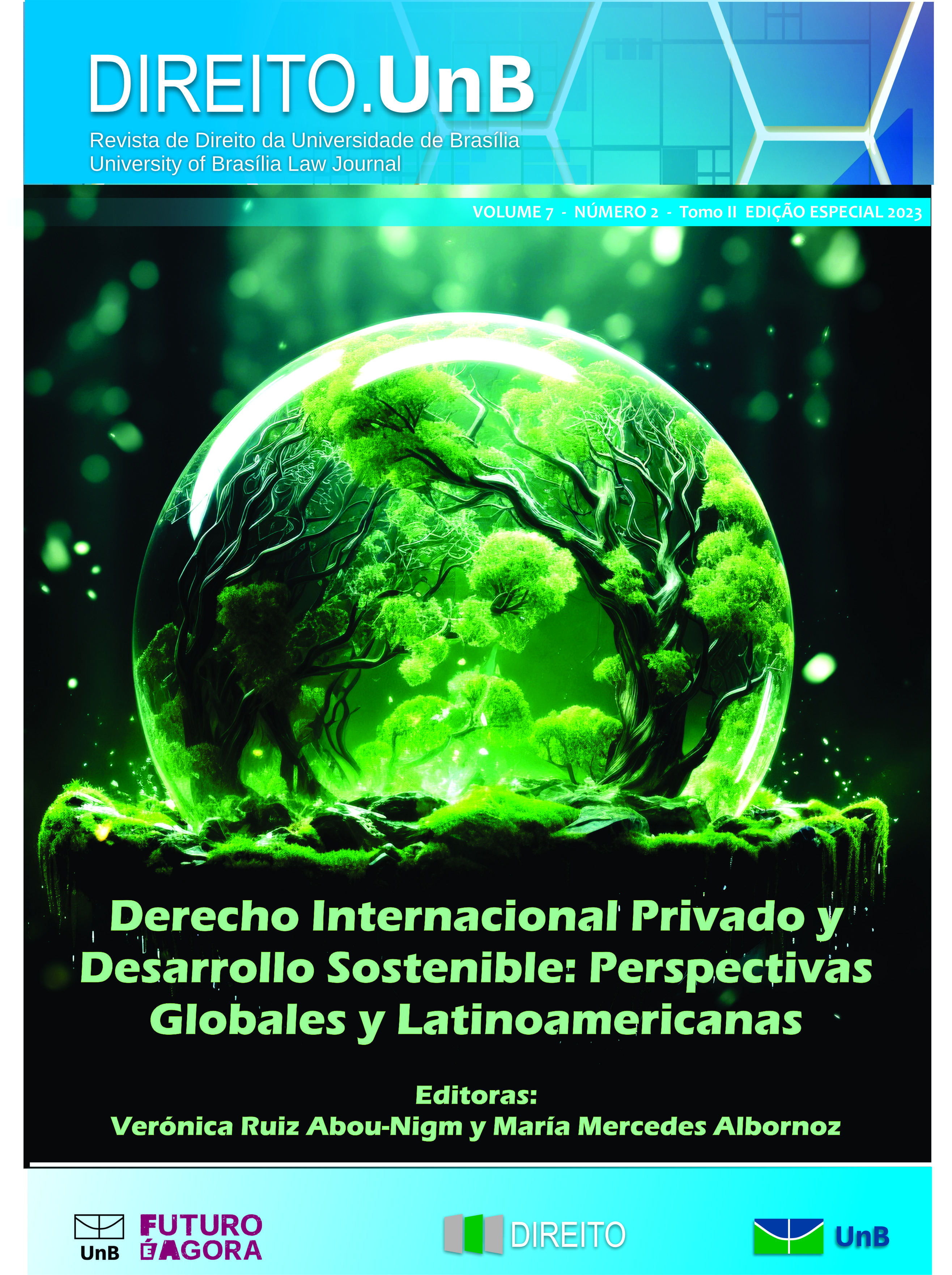First Issue for Lloyd’s Maritime and Commercial Law Quarterly in 2024
The first issue for Lloyd’s Maritime and Commercial Law Quarterly in 2024 was published recently. It contains the following articles and case notes.
Articles:
Andrew Dickinson, “Electronic trade documents and the conflict of laws in the United Kingdom”
The Electronic Trade Documents Act 2023, which entered into force on 20 September 2023, seeks to facilitate the use of trade documents (including bills of exchange, promissory notes and bills of lading) in electronic form by assimilating these instruments, and their legal effects, to the equivalent paper trade documents, provided that the systems used to process the relevant information meet certain technological requirements. However, the Act contains no provision that expressly addresses the legislation’s cross-border dimension or its relationship to the United Kingdom’s conflict of laws rules. This article considers how these matters should best be addressed in order to secure the Act’s promised economic benefits.

